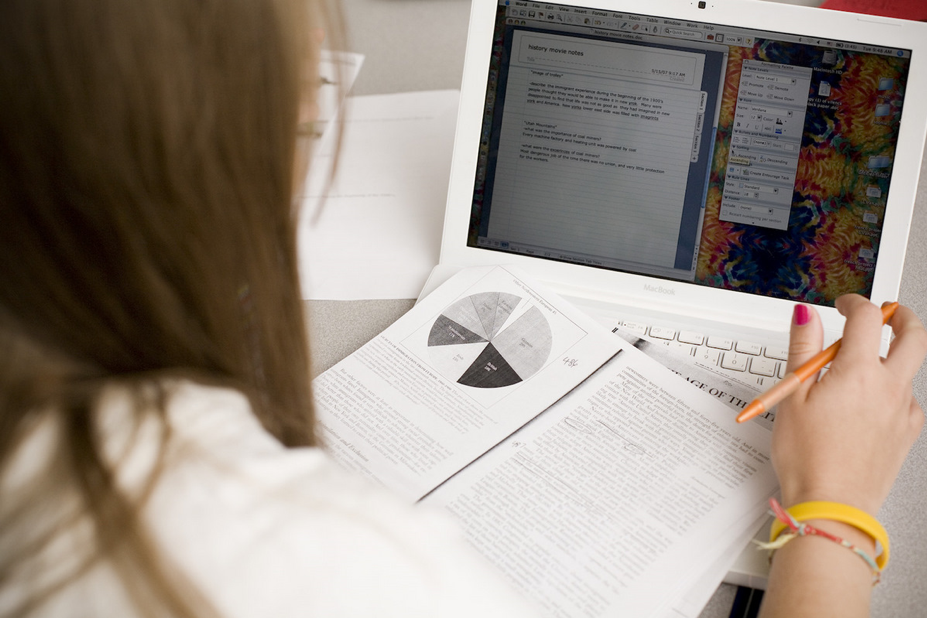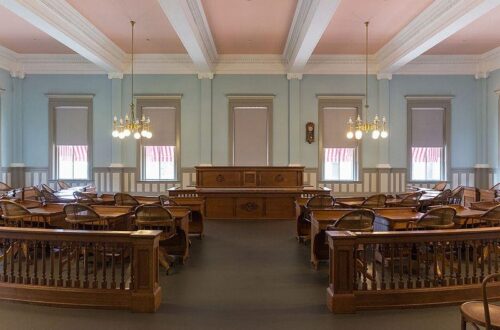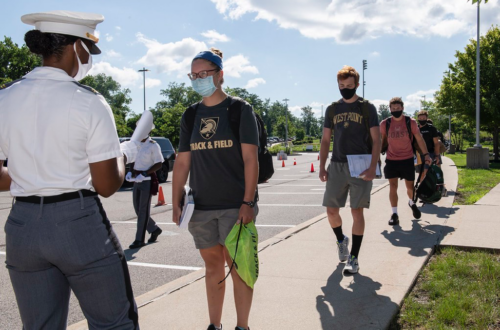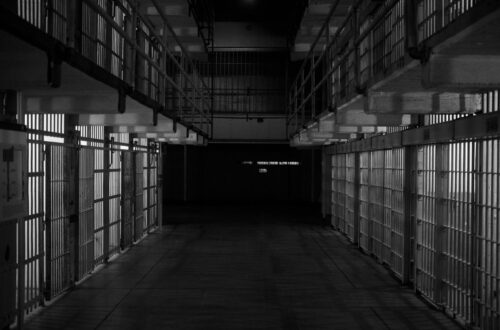Virtual classes have been difficult for many students. One school district found that compared to fall 2019, the number of students who failed classes in a virtual format rose by 83%.
Christopher Lamar, a senior at Lake Nona High School in Orlando, found out he was failing most of his classes in December. Due to COVID-19, Lamar went from being an involved student to struggling to stay afloat in his online classes.
Unfortunately, Lamar’s story parallels the situation of millions of students across the country. Since COVID-19 changed the landscape of American schooling, students have been struggling to perform as well as they have in the past.
On July 6, Florida Education Commissioner Richard Corcoran filed an emergency order requiring all brick and mortar schools to open at least five days per week for all students.
Governor Ron DeSantis, R-Fla., has praised his administration’s ability to physically open schools in Florida. He has labeled other states’ inability to do the same as a “national disgrace.”
The governor takes pride in the fact that all parents have the opportunity to send their kids to in-person public school if they choose.
However, not all Floridians share in DeSantis’s praise for in-person schooling.
In July, the Florida Education Association sued DeSantis and Corcoran. The lawsuit claimed that Florida’s mandate to physically open schools was unsafe for the welfare of students, educators, staff, parents and the general public.
Circuit Judge Charles Dodson sided with the FEA on Aug. 24 by issuing a temporary injunction against Corcoran’s emergency order. As such, local school districts can alter their reopening plans to ensure student and teacher safety without fear of losing state funding.
Litigation continues as defendants DeSantis and Corcoran motioned for appeal.
Other politicians also want to reopen schools. However, the manner and mechanism for doing so varies across party lines.
Democratic leaders favor the gradual reopening of schools while Republicans seek to resume in-person schooling as quickly and safely as possible.
According to Pew Research Center, Democrats are more likely than Republicans to consider the risks to students and teachers of contracting COVID-19 and the financial cost of reopening schools with proper health protocols. Republicans are more likely than Democrats to consider the possibility that online students fall behind academically, parents are not able to work if their children are at home, and students miss out on social interactions with their peers.
Both parties claim to heed the advice of research and professionals.
The Centers for Disease Control recommends that schools use the level of community transmission as an indicator to determine when and how to reopen schools. Accordingly, schools should be prioritized for reopening over nonessential businesses and activities.
Psychological considerations are also a concern. Without a consistent environment to learn and socialize with peers, more K-12 students are suffering from anxiety and depression now than one year ago.
Beth Doll, PhD, a professor of educational psychology at the University of Nebraska–Lincoln, notes that students lack motivation because they are not accustomed to learning in isolation.
“We have taken away the context that supports their engagement in school and their overall well-being, plus they are dealing with the tremendous uncertainty about the future,” Doll said.
Online schooling affects some populations more than others. Those negatively affected include racial and ethnic minority students, working mothers, low-income households and special education students.
A lack of resources is the main culprit for why some communities are suffering disproportionately. Low-income households are less likely to have internet access and computer availability. Special education students are more likely to fall behind because of less time with trained educators.
COVID-19 spread, academic performance and mental health are just some of the concerns that populate this continuing debate on reopening schools. The distribution of COVID-19 vaccines brings hope that schools across the country will be able to reopen and get students back on track.
Featured image: Student with laptop. Unmodified photo by BCDS used under a Creative Commons license. (http://bit.ly/3hwaJi8)
Check out other recent articles from the Florida Political Review here.





